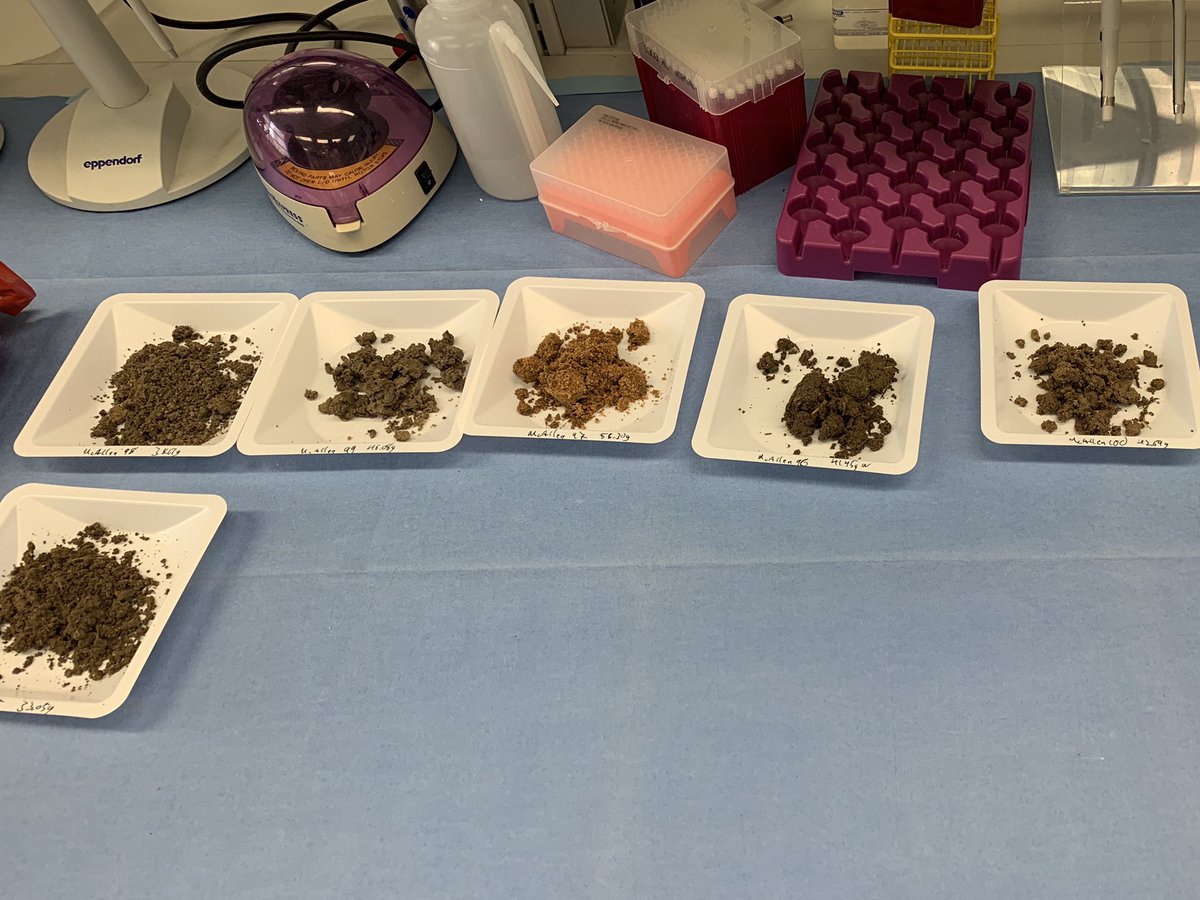
Associate Professor studying the impact of environmental parasites on humans. Laboratory of Human and Environmental Parasitology, Baylor College of Medicine.
How to get URL link on X (Twitter) App


 First up is my home country of the United States of America. The USA has areas of poverty and issues with sanitation that allow the spread of tropical diseases.
First up is my home country of the United States of America. The USA has areas of poverty and issues with sanitation that allow the spread of tropical diseases. 
 My first expedition was to Ecuador to field test our new multi-parallel real-time quantitative PCR. qPCR is more sensitive/specific than microscopy and also to test for cure and reinfection. Action shots of me in the jungle and Pacific coast. @AJTMH
My first expedition was to Ecuador to field test our new multi-parallel real-time quantitative PCR. qPCR is more sensitive/specific than microscopy and also to test for cure and reinfection. Action shots of me in the jungle and Pacific coast. @AJTMH 




 We first weigh and dry the samples, making the sample easier to work with and also maximizing the yield of parasite DNA.
We first weigh and dry the samples, making the sample easier to work with and also maximizing the yield of parasite DNA. 

